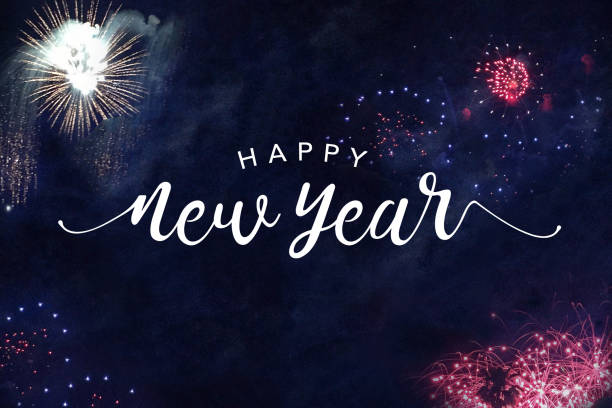Happy New Year!

It’s almost 2020!
Welcome to a new year AND a new decade!
I don’t know about you, but sometimes it’s easy to get caught up in the freshness of something new and, as a result, vow to live differently, drink differently, spend differently, engage with my partner, colleagues, and friends differently, parent differently, even drive differently.
And there’s nothing wrong with desiring to live differently and setting achievable goals.
But can I suggest another goal that is foundational to overall happiness and peace? How about resolving to LIVE in the moment, to BE in the moment, to EMBRACE the moment?
According to a study out of Harvard University, human beings tend to daydream about the future or ruminate about the past 46.9% of the time (Killingsworth & Gilbert, 2010). This study also explored the connection between attention and happiness. It found that people reported higher levels of happiness when they paid attention to their present-moment activity.
Since research suggests that being in the moment can make humans happier, maybe the next question you’re asking yourself is—how do I do this? How do I be in the present moment?
The way I do this is to connect with my breath throughout the day. I do this often.
Using my breath as the anchor seems to quickly bring my attention to the present moment. I focus on the air moving in and out of my body; I don’t even think about if I will be able to take the next breath—I just breathe in and breathe out. I can do this anywhere, anytime, and in any position. As soon as I notice my thoughts have drifted away from the present, I simply observe the activity of my mind and gently and kindly bring my attention back to my breath. Over the years, this simple and ongoing noticing act has allowed me to increase my ability to pay attention and live in the moment. I am present more often now while cooking, driving, showering, listening, etc.
Something to keep in mind about choosing to live this way is that sometimes living in the present moment is amazing, freeing, relaxing, even healing. And sometimes, it’s just not. Sometimes, it’s a challenge to let go of expectations of yourself and others. Sometimes, it’s a challenge to release judgments of what living in the moment is supposed to be like. Sometimes, it’s difficult to let go of your thoughts that bombard you in the present moment. But this is where it’s important to simply come back to your breath with kindness.
In fact, practicing mindfulness involves constant returning to attention. Think of playing fetch with your dog. It’s a game: throw the ball, and your dog runs happily and gets the ball and returns it. Your dog doesn’t make a judgment of bad or good, wrong or right but happily runs and gets the ball and brings it back to you. The more you play fetch with your dog, the better your dog gets and develops a routine. This is the same with us and following our breath. The more we do it without judgment, the more it becomes a natural routine.
At the start of a new year (and decade), it can be tempting to live in the past about what was or should have been. Or it can be tempting to live in the future about what could be—or to live in both the past AND the future. The problem with this is that we lose out on the contentment and rest of the present moment and thus don’t experience happiness.
Of course, we can’t ignore our pasts. Nor should we avoid making goals and plans for the future or anticipating possible challenges and detours. But that sweet spot of embracing the past and the future lies in the present moment of contented and unattached being. And we can get easily get there by paying attention to our breath.
So as we approach a new year and decade, may we breathe in and breathe out the happiness and peace of being in the present moment.
HAPPY 2020!
Killingsworth, M. A., & Gilbert, D. T. (2010). A wandering mind is an unhappy mind. Science, 330(6006), 932-932.